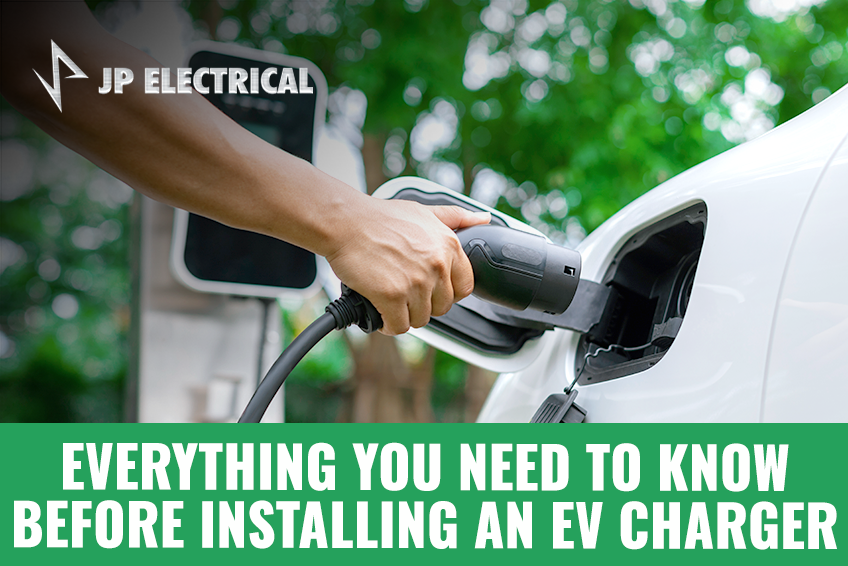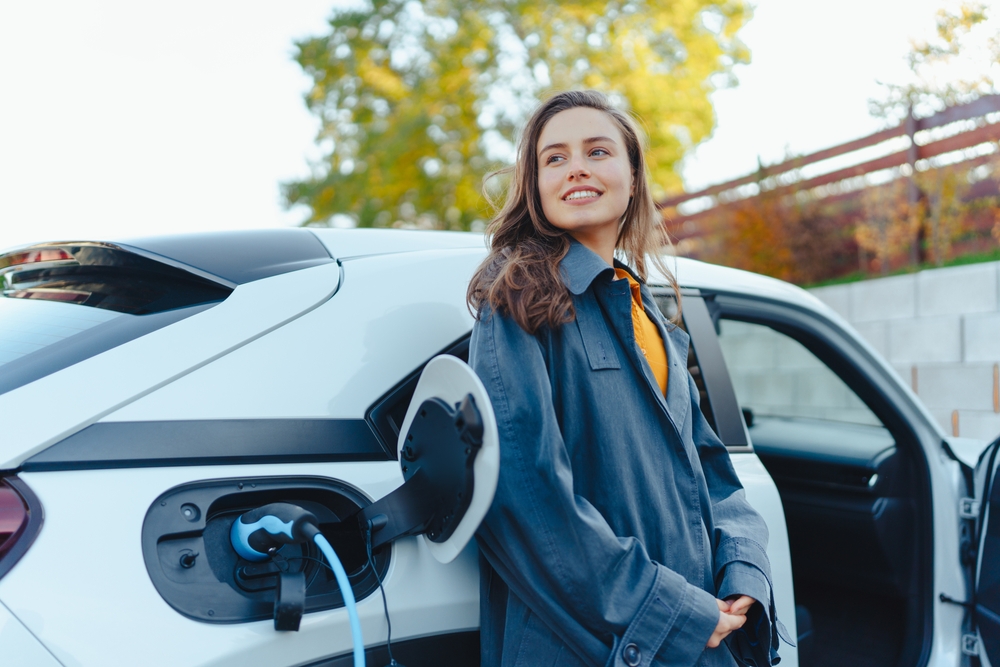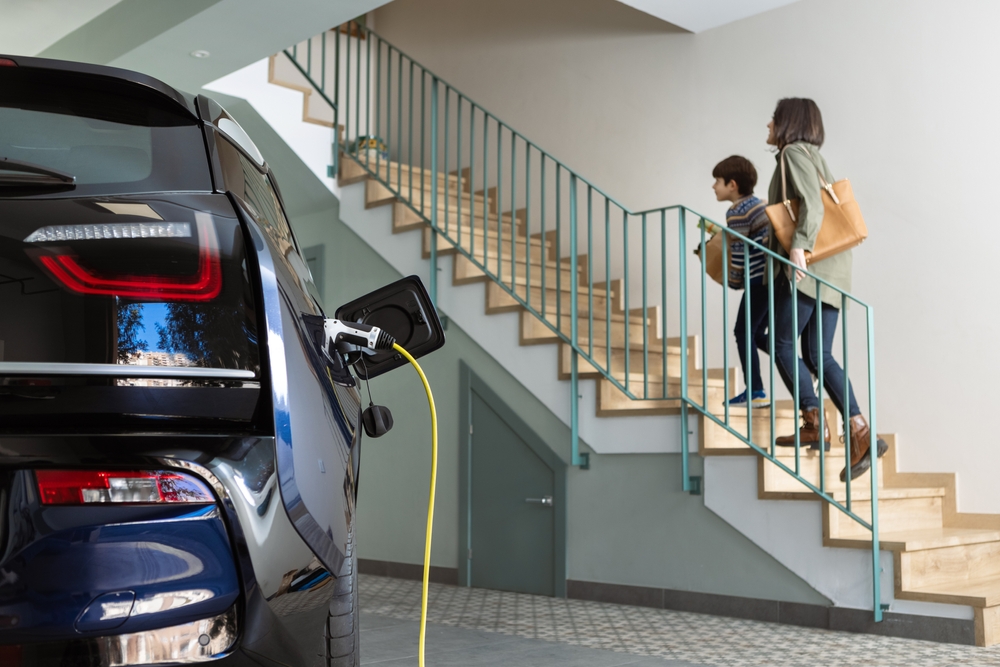Everything You Need to Know Before Installing an EV Charger
With the rapid growth of electric vehicles (EVs) on the road, the need for convenient and accessible charging infrastructure has become more evident than ever. Installing an electric vehicle charger at home is a logical step for many EV owners, offering the convenience of charging overnight and ensuring their vehicle is always ready to hit the road. However, before diving into the world of EV chargers, there are several crucial factors to consider. This comprehensive guide aims to provide you with everything you need to know before installing an EV charger.
Understanding Your Electric Vehicle Charging Needs
The first step in the process is to understand your specific electric vehicle charging needs. Different EVs have varying charging requirements, and charging speeds can vary significantly. There are three main levels of EV charging:
- Level 1 (120V): This is the standard household outlet and is the slowest charging option. It’s suitable for plug-in hybrids and vehicles with smaller batteries.
- Level 2 (240V): This is the most common home charging option and provides faster charging times. It’s suitable for all-electric vehicles and plug-in hybrids.
- Level 3 (DC Fast Charging): This is a high-powered charging option usually found at public charging stations. It’s capable of providing a significant charge in a short amount of time but requires specialized equipment.
Home Charging Infrastructure
Once you’ve determined your charging needs, the next step is to assess your home’s charging infrastructure. Here are some key considerations to be aware of:
- Electrical Panel Capacity: Check your home’s electrical panel capacity to ensure it can handle the additional load of an electric vehicle charger. If needed, consult with a qualified electrician to assess and upgrade your electrical system.
- Location of the Charger: Consider where you want to install the charger. The ideal location is close to your parking space and near your electrical panel to minimize installation costs.
- Charging Cable Length: Ensure that the charging cable length is sufficient to reach your EV from the charging station location. Measure the distance from the installation point to your parking space to avoid any inconvenience.
- Permitting and Regulations: Research local regulations and obtain any necessary permits before installing an EV charger. Some areas may have specific requirements or restrictions, and compliance is essential.
Selecting the Right EV Charger
Choosing the right electric vehicle charger is a critical decision that depends on various factors:
- Charging Speed: Consider the charging speed that aligns with your needs. Level 2 chargers are suitable for most residential installations, providing a good balance between charging speed and cost.
- Smart Charging Features: Many modern EV chargers come with smart features, allowing you to monitor and control charging remotely. These features can be valuable for optimizing charging schedules and managing energy consumption.
- Connector Type: Ensure that the charger supports the connector type required by your EV. Common connector types include SAE J1772 (North America) and Type 2 (Europe).
- Brand Reputation: Choose a reputable brand for your EV charger. Research customer reviews and feedback to ensure reliability and customer satisfaction.
Installation Costs and Considerations
The cost of installing an EV charger can vary based on several factors:
- Electrical Upgrades: If your home’s electrical system requires upgrades to accommodate the EV charger, factor in these costs. This may include panel upgrades, wiring, and circuit installations.
- Installation Labor: The complexity of the installation, along with local labor rates, can influence the overall installation cost. Obtain quotes from multiple electricians to ensure a competitive price.
- Government Incentives: Explore potential government incentives or rebates for EV charger installations. Your state may offer financial incentives to encourage the adoption of electric vehicles and charging infrastructure.
- Safety: A common oversight by those installing chargers is the need for equipment and personnel protection. These protections are mandated by the National Electrical Code (NEC) and come at a cost that may surprise those who have not done their homework on installation requirements. This makes hiring a licensed and insured electrician for the installation of charging equipment just that much more important.
- Temperature: Extreme temperatures can damage vehicle batteries which ultimately slows charging and battery life. If possible, it is important to consider methods of charging your vehicle in a temperature controlled environment. Space heating and/or cooling options are considerations that could be a worthwhile investment considering the expense of the vehicle battery care and maintenance.
Maintenance and Troubleshooting
Once your electric vehicle charger is installed, it’s essential to be aware of maintenance and troubleshooting considerations:
- Regular Inspections: Schedule regular inspections of your EV charger to ensure it’s functioning correctly. Check for any signs of wear or damage to the charging cable and connectors.
- Software Updates: Keep the charger’s software up to date to benefit from the latest features and security patches. Many chargers allow for remote updates, making this process convenient.
- Troubleshooting Tips: Familiarize yourself with basic troubleshooting tips for common issues, such as connectivity problems or charging interruptions. This knowledge can save time and money by resolving minor issues without professional assistance.
Elevate Your Utah Home with an Electric Vehicle Charger Installation
Installing an EV charger at home is a significant step toward embracing the future of transportation. As the world transitions to electric mobility, being well-prepared for the installation process ensures that you experience the benefits of efficient, convenient, and sustainable home charging. If you have an electric car and are ready to install an electric vehicle charging station into your Utah home, contact the professionals at JP Electrical! Ask us about our other services. With our expertise and teamwork, we provide peace of mind to businesses, contractors, and homeowners along the Wasatch Front.
Categories: Electricians




Leave a Reply